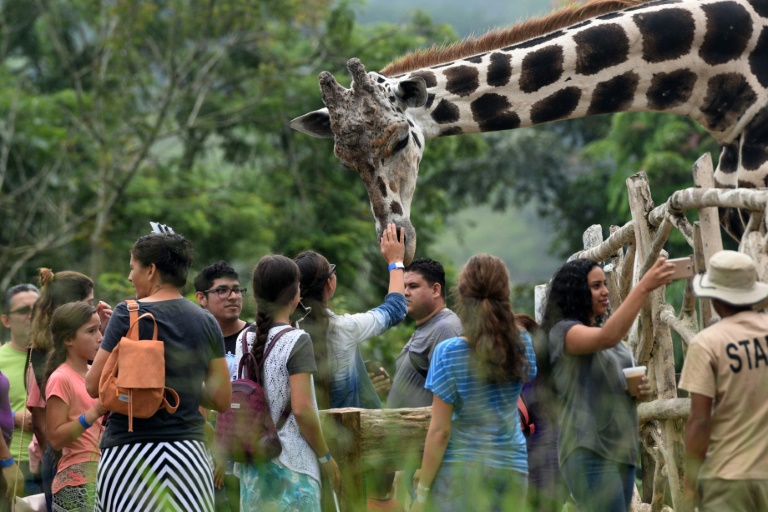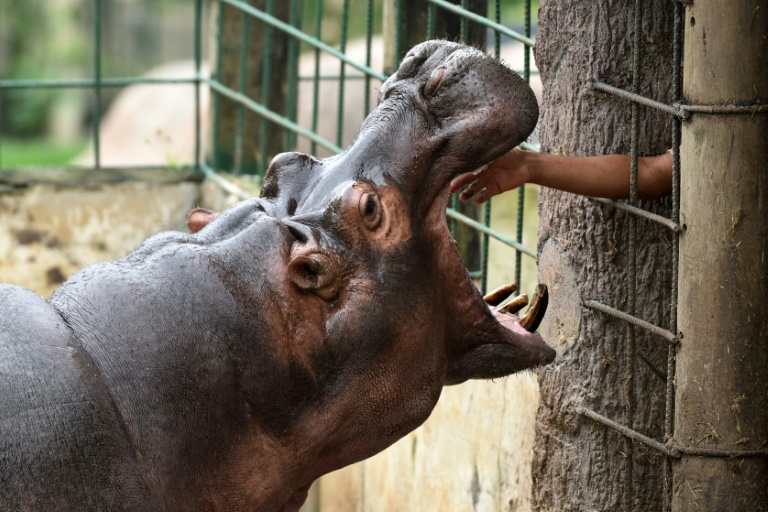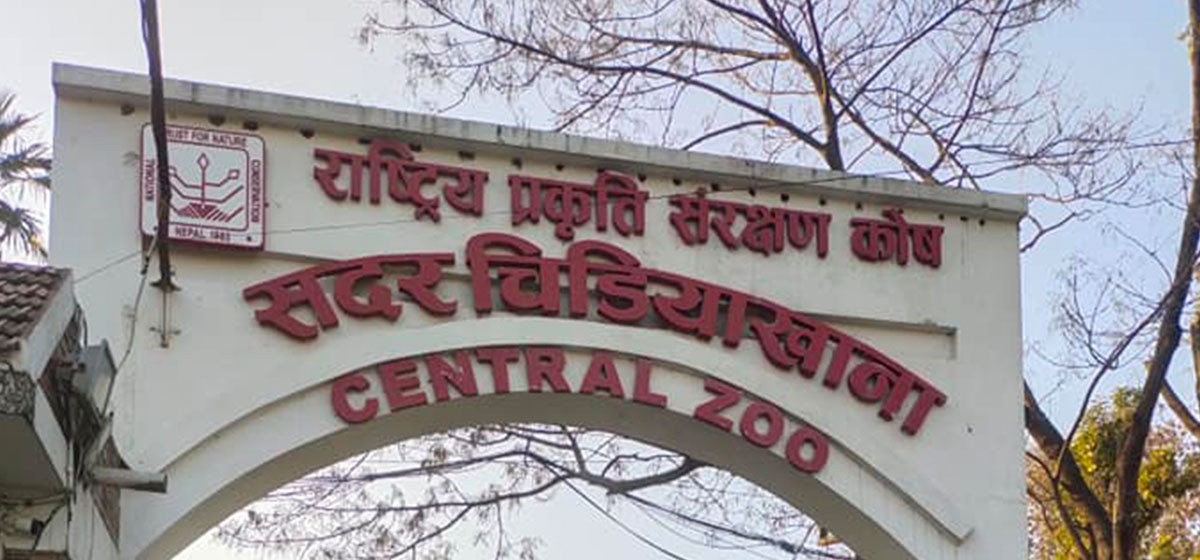HONDURAS, Oct 7: An imposingly tall giraffe, powerful African lions and proud Bengal tigers are among the many highlights of a zoo -- created by wealthy drug traffickers -- that is like a Garden of Eden in the green mountains of Honduras.
But the Joya Grande animal park is now languishing because of a shortage of funds.
The zoo was allegedly modeled after the Hacienda Napoles -- the vast estate of the late Colombian drug kingpin Pablo Escobar -- by a violent Honduran cartel known as the Cachiros, which was sanctioned by the United States in 2013.
"The eco-park was very profitable, it was new, we had a lot of investment, but now we lack the capital that the owners had" since their arrests, biologist and zoo manager Maria Diaz told AFP.
Diaz, who is Guatemalan, is desperately hoping for government economic assistance to keep the park going.
Four months of demonstrations against the re-election last November of President Juan Orlando Hernandez blocked the main access road to the zoo, sharply curtailing the number of visitors.
The facility sits atop a hill 150 kilometers (95 miles) north of the capital city Tegucigalpa. A sign formed of white stones set on a grassy hillside welcomes tourists with the words "Great Jewel Zoo."
Central Zoo going digital

 The giraffe stretches out its neck to greet visitors, while zebras leisurely munch on hay in a nearby corral. Further down a steep slope are enclosures for deer, camels and big, pig-like tapirs -- including a newborn -- as well as the pools in which hippos wallow.
The giraffe stretches out its neck to greet visitors, while zebras leisurely munch on hay in a nearby corral. Further down a steep slope are enclosures for deer, camels and big, pig-like tapirs -- including a newborn -- as well as the pools in which hippos wallow.
Next come cages and enclosures containing powerful members of the cat family -- African lions, Bengal tigers, jaguars and pumas -- followed by bison, llamas, wildebeest, ostriches, peacocks and other exotic animals.
Visitors can rent water bicycles, ride horses or enjoy the zoo's cafeterias, pools and restaurants, as well as the 15 cabins for tourists -- who are sorely lacking.
Honduras's Office of Seized Assets (OABI) confiscated the facility from the drug cartel in April 2014, at which point the biologist Diaz -- who had been in charge of caring for the animals -- managed to obtain a government concession to operate the place for $7,400 a month.
- In crisis -
To oversee the administration of the park and its hundreds of animals, she created a firm called Noah's Ark Veterinarian Services.
The park was doing well financially until the protests against President Hernandez erupted.
At the same time, the OABI and the public prosecutor's office seized 200 animals on grounds of mistreatment, further eroding the park's allure.
Even if no one comes, Diaz said, "we have to pay our employees and suppliers -- and the animals will always have to eat."
The salaries of 65 employees, food for the animals and the water and electric bills cost about $42,000 a month.
With low visitor numbers, there is no clear way to pay off the zoo's $83,000 in debt.

Adding to the challenge, the nation's economic situation has only become worse, meaning "people prefer to spend on essentials, and not on entertainment, like visiting a zoo," the biologist lamented.
"We are hoping for a debt cancellation and a reduction of the monthly payment" to the OABI, said the animal-loving Diaz, who wore a safari suit during an interview in her office.
OABI director Jose Luis Andino told AFP he has lawyers examining whether Diaz's requests are "legally possible."
He added that his office was "working with the people there to make the zoo sustainable," while trying to maintain and improve its facilities.
The eco-park, he added, was not just a tourist attraction but has educational value as well.
Diaz says she cannot imagine ever closing the zoo, despite its steep financial challenges.
"There are 500 animals that have to eat," she said.
"I love them all... and they love me."








































